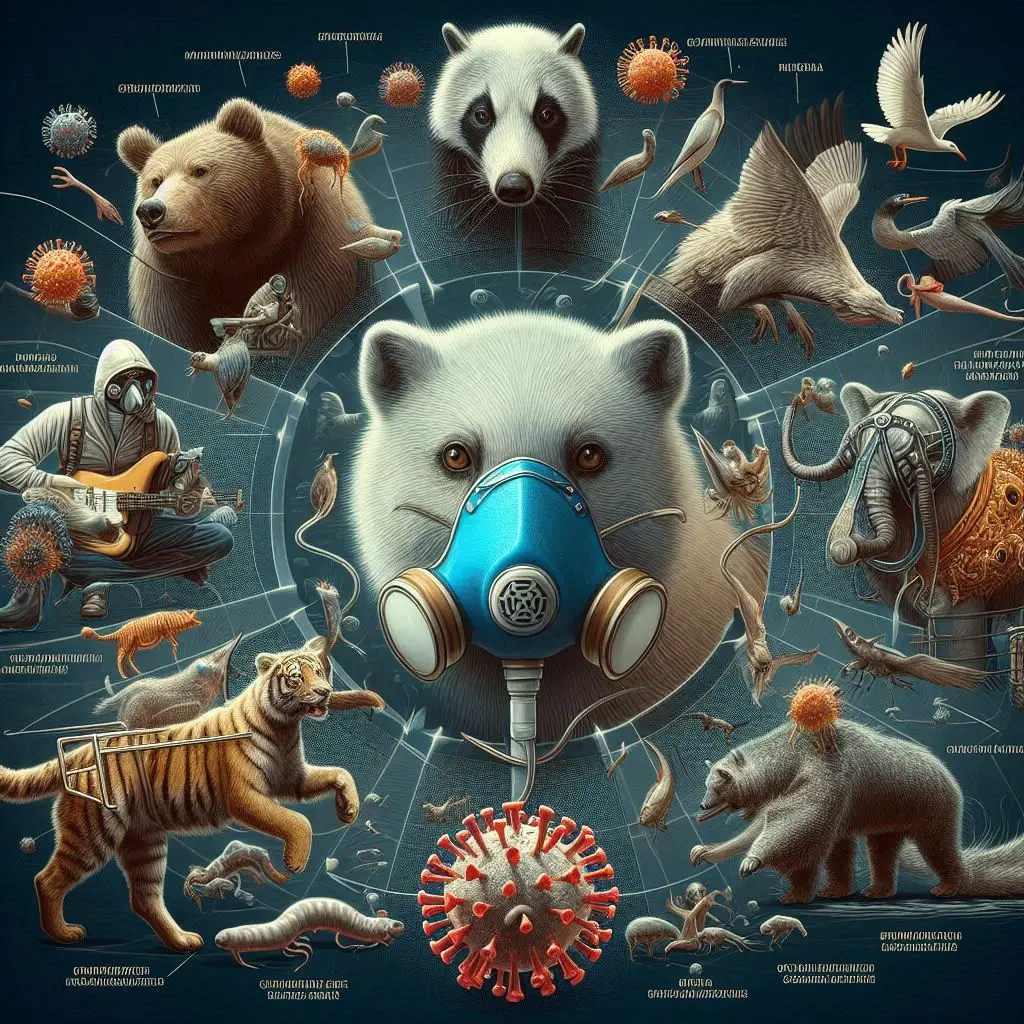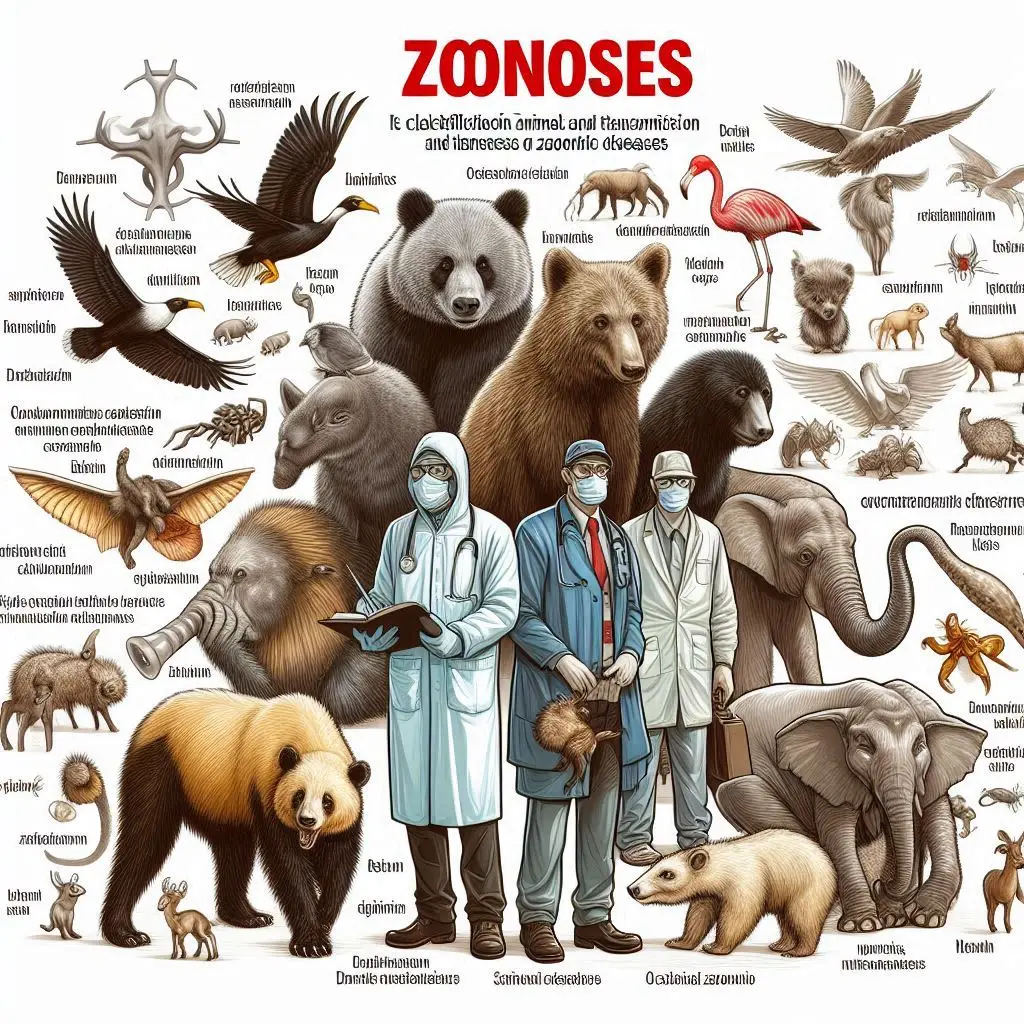Brucellosis Vaccination in India

Vaccination Programs in India: Combating Brucellosis in Livestock
India has made significant strides in animal health, particularly in controlling diseases that affect farm animals. Vaccination plays an essential role in improving the health of livestock, ensuring better productivity, and safeguarding public health. Brucellosis, a disease that affects cattle and buffaloes, is one of the primary concerns addressed through vaccination. With the implementation of vaccination programs, India has made considerable progress in controlling brucellosis and reducing its zoonotic impact on both animals and humans.
Understanding Brucellosis in Livestock
Brucellosis is a bacterial infection caused by Brucella species, which affects livestock, especially cattle and buffaloes. The disease is highly contagious and spreads through direct contact with infected animals, contaminated feed, and the release of bodily fluids. It can also be transmitted to humans through the consumption of unpasteurized milk or direct contact with infected animals, making it a zoonotic disease.
Brucellosis is notorious for causing reproductive issues in affected animals. It leads to miscarriages, infertility, and reduced milk production, significantly impacting farm productivity. For humans, brucellosis can cause flu-like symptoms and, if left untreated, can lead to long-term health complications, including arthritis and organ damage.
To combat brucellosis, India has launched vaccination programs specifically targeting cattle and buffaloes, which are the most commonly affected livestock species.
The Role of Vaccination in Controlling Brucellosis
Vaccination is a cost-effective and proactive approach to managing brucellosis. In India, the B. abortus strain 19 vaccine is commonly used to protect cattle against the disease. This vaccine has proven effective in preventing infection and minimizing the spread of brucellosis within herds. By vaccinating livestock, farmers not only protect their animals but also reduce the risk of human infection.
Vaccination programs also help reduce the incidence of reproductive problems in livestock. Healthy, vaccinated animals are more likely to have successful pregnancies and produce healthy offspring. This improves herd quality, leading to better productivity in terms of milk, meat, and overall animal health.
The Indian government, in collaboration with state authorities and veterinary organizations, has actively promoted vaccination programs in regions with a high prevalence of brucellosis. These initiatives have contributed to a decline in the disease’s spread, benefiting both farmers and public health.
Government Initiatives and Policies
India has implemented several national and regional initiatives to tackle brucellosis in livestock. Under the National Animal Disease Control Program (NADCP), the government focuses on controlling high-impact diseases, including brucellosis. The vaccination drive, which is part of this initiative, is aimed at reducing the prevalence of brucellosis in cattle and buffalo populations across the country.
According to the Department of Animal Husbandry and Dairying, these vaccination programs are designed to ensure that livestock is protected at an early age. In addition to the direct health benefits for animals, vaccination helps improve the overall efficiency of the dairy and meat industries in India.
The Economic Impact of Vaccination
The economic benefits of vaccinating livestock against brucellosis are far-reaching. Livestock that is free from brucellosis produces higher-quality milk, fewer stillbirths, and fewer health complications. Farmers experience increased income from healthy animals and higher yields. This is especially important in India, where dairy farming is a major source of livelihood for millions of families.
Furthermore, vaccination reduces the long-term economic burden on farmers. Without vaccination, brucellosis can cause recurring health problems in animals, leading to financial losses. The reduced incidence of the disease results in fewer veterinary expenses and lower mortality rates, ultimately benefiting farmers’ bottom lines.
Reducing Zoonotic Risks: Protecting Public Health
Brucellosis poses a significant risk to human health, particularly for those who work closely with animals, such as farmers, veterinarians, and animal handlers. Humans can contract brucellosis through direct exposure to infected animals or their fluids, particularly during birthing periods. The risk is higher for individuals who consume unpasteurized milk or handle animal products without proper protection.
Vaccinating livestock reduces the risk of zoonotic transmission. By controlling brucellosis in animals, the likelihood of human exposure is significantly lowered. This is especially important in rural areas where people may not have access to modern healthcare and veterinary services.
The World Health Organization emphasizes the importance of controlling brucellosis in animals to prevent human infections. As India continues its vaccination efforts, public health improves, and the economic impact of the disease is minimized.
The Role of Veterinary Education in Supporting Vaccination
Veterinary professionals play a critical role in the success of vaccination programs. Educating farmers about the importance of vaccination and proper animal care is essential to the program’s success. Additionally, veterinarians ensure that the vaccines are administered correctly and monitor the health of vaccinated animals to detect any side effects or complications.
The Veterinary Council of India supports training and development programs for veterinarians, ensuring that they are well-equipped to handle brucellosis and other animal health issues. These programs are key to the broader goal of improving animal health in India and preventing the spread of diseases like brucellosis.
The Future of Brucellosis Control in India
While significant progress has been made in controlling brucellosis through vaccination, challenges remain. There are still areas of the country with limited access to veterinary services and where awareness about brucellosis and its prevention is low. Continued efforts to educate farmers and provide vaccines are essential for achieving nationwide control.
In addition, advancements in vaccine development and diagnostics could further improve the effectiveness of brucellosis control programs. Research into new vaccines and better detection methods could help eradicate the disease in the long term.
As India moves forward with its vaccination programs, collaboration between the government, veterinary organizations, and farmers will be critical. The ongoing commitment to improving animal health through vaccination will contribute to a healthier, more productive agricultural sector.
For more pearls of Vets Wisdom:





Responses